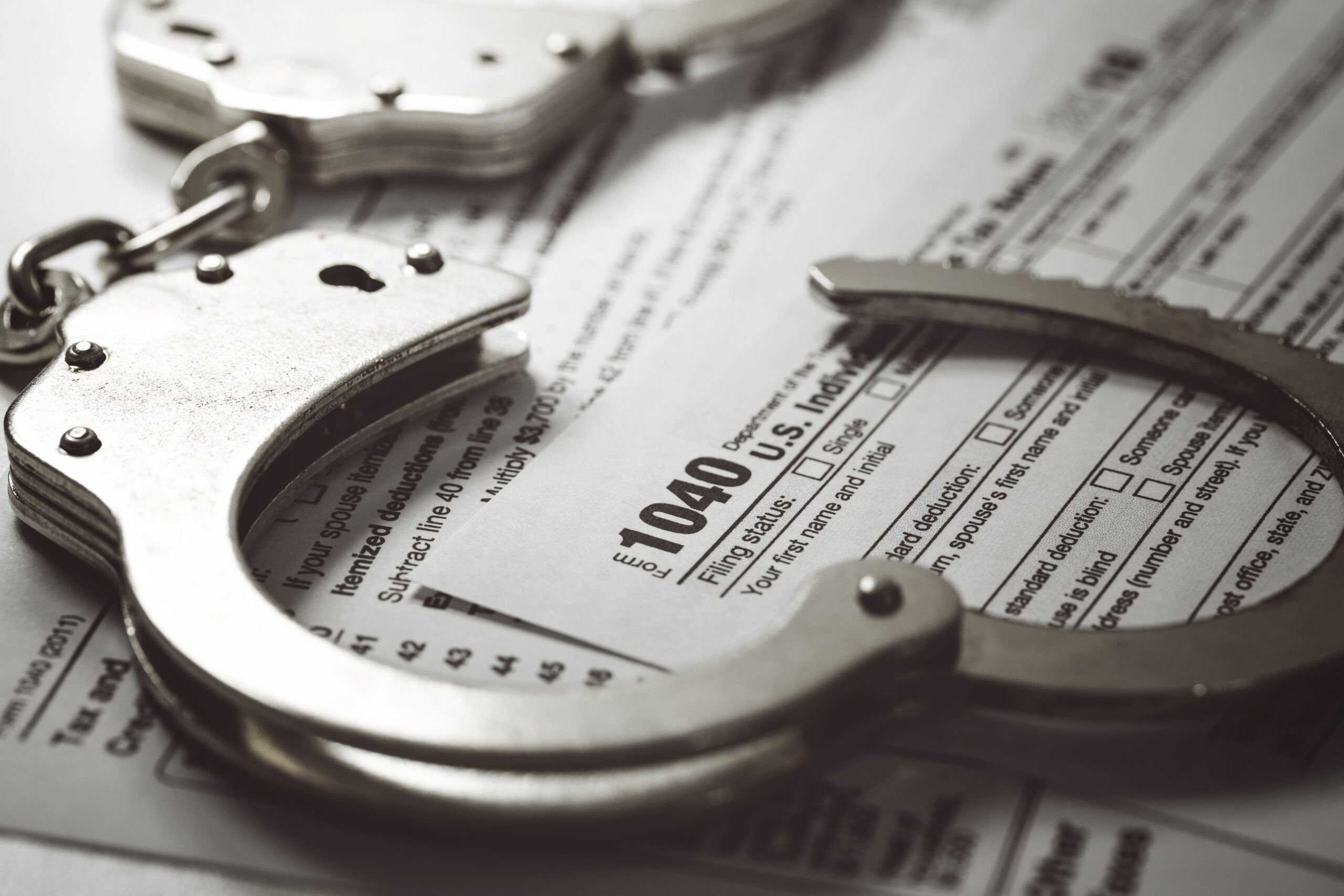Back Taxes and Bankruptcy
With the recent hardships induced by COVID-19 and the social distancing procedures, many industries have suffered. Restaurants, various services, and airlines have all had to layoff large portions of their staff. Inevitably, a significant number of Americans will have to file for bankruptcy while owing back taxes.
Despite the negative stigma often associated with bankruptcy, it is actually a worthy part of our legal system. Bankruptcy provides many benefits to individuals and society – be it a fresh start to debtors or keeping families together.
Nevertheless, those who have to file for bankruptcy are most likely wondering, “can I file for bankruptcy if I owe back taxes to the IRS?”
Back Taxes and Bankruptcy
To better understand the relationship between back taxes and bankruptcy, and if filing for bankruptcy can resolve back taxes, we must define the two terms in question.
What are Back Taxes?
Simply put, back taxes are taxes that still have a balance due or were only paid partially. A taxpayer could have back taxes at the Federal, State, or even Local levels. Back taxes can acquire and gain interest at a constant rate, which is their most concerning characteristic.
The consequences of disregarding an overdue tax liability can be severe. The vast resources of the IRS make it the most aggressive and powerful collection agency in the world. Especially now, in the wake of all the aid the government has given out, the IRS is determined to collect their dues.
The best course of action you can take is paying your taxes in full or taking advantage of the IRS’s tax repayment plans. Back taxes are compounded over time because of interest and penalties. The longer you wait, the more you will ultimately have to pay.
The IRS has plenty of serious penalties at its disposal. Further negligence or refuse to pay your back taxes can lead to wage garnishment, tax liens, and levies, or even criminal charges.
What is Bankruptcy?
Bankruptcy is a legal process in the US that allows people and companies to completely erase or reduce their debt. The outcome and process of bankruptcy are contingent on the type of bankruptcy (or chapter) an individual opts to file. For individuals, the two main chapters of bankruptcy are Chapter 7 and Chapter 13.
In Chapter 7 bankruptcy, a filer will disclose all of their property, debts, and financial activates to their creditors. The bankruptcy trustee will liquidate the nonexempt property for the benefit of the creditors, which will erase the taxpayer’s disposable debts.
Chapter 13 bankruptcy allows filers to pay off a partial amount of their debts through installment payments. The repayment plan will either last three or five years depending on if the file’s monthly income is above or below their state median.
Those who usually file for bankruptcy have more debt than they can realistically pay. For most, bankruptcy is not a result of reckless spending. Many choose to file after experiencing job loss, business failure, illness, wage garnishments, or foreclosure.
Can Bankruptcy Clear Tax Debt?
The answer is yes. Regardless of the debt you owe, even if it is back taxes, you can file for bankruptcy. Both federal and state tax debt can be discharged by bankruptcy. However, the result depends on your financial situation and the type of bankruptcy you choose to file for.
Chapter 7 vs Chapter 13
Between Chapter 13 and Chapter 7, the ladder is significantly more popular. Chapter 7 bankruptcy can be cheaper and is a shorter process. On the other hand, Chapter 13 is a better option if you are trying to keep your home. When it comes to back taxes, Chapter 13 is straightforward while Chapter 7 is complex. However, both will get the job done.
Chapter 7
Chapter 7 bankruptcy can discharge the back taxes you owe to the IRS, but you have to meet the following criteria.
- Your back taxes need to be income tax debt and at least three years old.
- You need to file a tax return at least two years before your bankruptcy filing.
- You have not willfully committed tax evasion or fraud.
- At least 240 days before you file, the IRS needs to assess your debt.
Chapter 13
To reiterate, Chapter 13 bankruptcy allows filers to pay off a partial amount of their debts over three or five years through installment payments.
If you have back taxes, they will be included in the repayment plan. Similarly, if you hire an attorney to help file for Chapter 13, their fees can also be factored into the installment payments.
Taxes That Cannot Be Discharged by Bankruptcy
Though bankruptcy can discharge back taxes, it cannot discharge payroll taxes or fraud penalties. Of course, you can still file for bankruptcy and resolve your back taxes, but you will need to find an alternate means to settle your other debts.
Additionally, federal tax liens on your property cannot be discharged by bankruptcy. Liens are a public statement that the IRS has authority over certain assets; you will still be able to use those assets, but you will no longer have legal ownership.
While bankruptcy cannot resolve your taxes owed or liens, the tax professionals at TaxRise can. Consider filling out the survey below or giving us a call.
Any new or systemic Liens and/or Levies will also be suspended for the time being.
For taxpayers who are considered “seriously delinquent”, the IRS will suspend any new certifications for the remaining period. Any taxpayer who falls into this category in reminded and encouraged to enter into an Installment Agreement or apply for an Offer In Compromise.
The IRS will not forward any new delinquent accounts to private collection agencies at this time.
Taxpayers have until July 15, 2020 to verify to the IRS they are qualify for the Earned Income Tax Credit or to confirm their income. If the taxpayer is unable to verify their credentials or provide appropriate documents for this credit, they are encouraged to notify the IRS before the deadline. No cases will be denied this credit for failure to provide requested information until July 15.
Case workers will continue business as usual. However, most case work will be conducted remotely (video/over the phone conferences). Any requests for documentation sent by the Office of Appeals should be responded to in a timely manner to ensure a smooth process.
The IRS will continue to take the appropriate measures to stay compliant and protect the applicable statutes of limitations. In situations where certain statutes may be compromised, taxpayers are encouraged to extend such statutes. Otherwise, Notices of Deficiency will be issued by the IRS and similar actions will be pursued to protect the interests of the government in preserving such statutes. Where a statutory period is not set to expire during 2020, the IRS is unlikely to pursue the foregoing actions until at least July 15, 2020.
Practitioners are reminded that PPS wait times may be significantly longer, depending on staffing levels and allocations going forward. The IRS will continue to monitor this as situations develop.
“The IRS will continue to review and, where appropriate, modify or expand the People First Initiative as we continue reviewing our programs and receive feedback from others,” Rettig said. “We are committed to helping people get through this period, and our employees will remain focused on these and other helpful efforts in the days and weeks ahead. I ask for your personal support, your understanding – and your patience – as we navigate our way forward together. Stay safe and take care of your families, friends and others.”
Learn how easy it is to qualify for tax savings.




